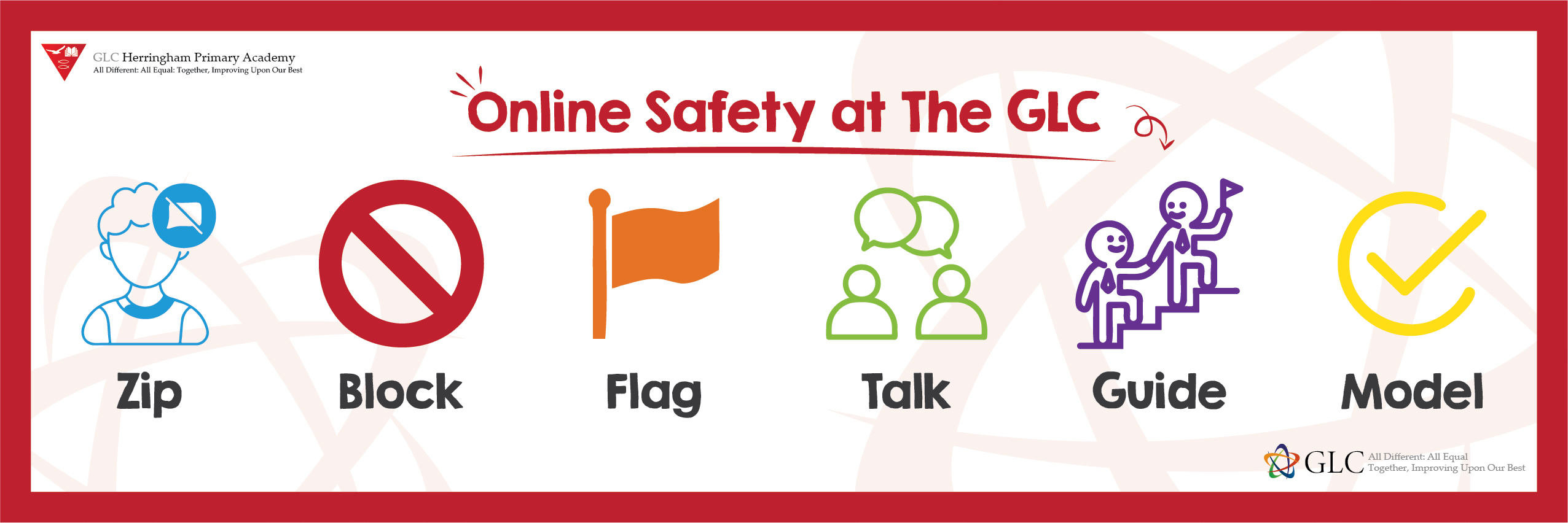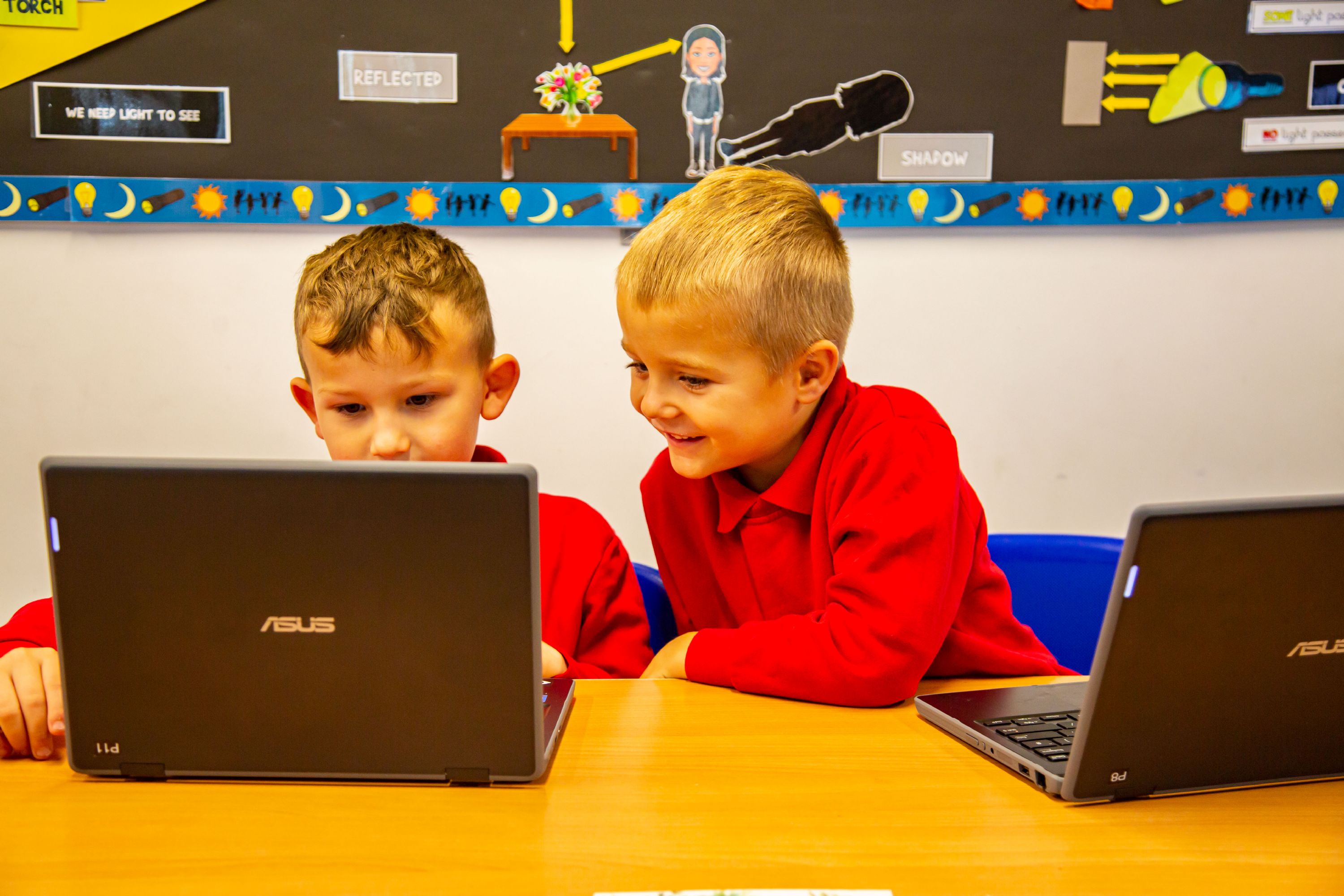Online Safety

Online Safety and Internet Monitoring
At our school, ensuring the safety and well-being of our pupils online is a top priority. We have implemented a comprehensive approach to online safety, which includes the following key strategies:
Smoothwall Monitoring
We use Smoothwall, an advanced internet monitoring system, to safeguard our pupils while they use school devices, both in school and at home. Smoothwall continuously monitors internet access to detect and block harmful content, ensuring that students are protected from inappropriate material online. It helps us maintain a safe digital environment by identifying risks, such as access to unsuitable websites, allowing us to take immediate action when necessary.
Online Safety in the Curriculum
Online safety is a key part of our PSHE curriculum, where pupils are taught about the importance of responsible online behaviour. Additionally, in the Autumn 1 term, all pupils complete online safety lessons in Computing. These lessons focus on essential topics, including: Privacy and Security, Self-Image and Identity, Online Relationships, Online Reputation, and Managing Online Information. This ensures that pupils develop a strong understanding of how to navigate the digital world safely and responsibly.
Key Principles of Our Online Safety Approach:
Zip It: Encourage pupils not to share personal information online and to only communicate with trusted individuals.
Block It: Teach pupils to block and report suspicious or harmful content and individuals, avoiding interaction with unknown contacts.
Flag It: Pupils are encouraged to flag inappropriate content or worrying experiences to a trusted adult.
Talk About It: We promote open discussions, encouraging pupils to talk to adults about their online activities, concerns, or anything uncomfortable they encounter.
Guide It: Parents are encouraged to set parental controls, monitor usage, and regularly discuss online safety with their children. Keeping devices out of bedrooms and establishing house rules around screen time are part of these efforts.
Model It: Adults, including teachers and parents, lead by example by demonstrating safe, positive online behaviour and respecting privacy.
If You Have Concerns
If, as a parent, you have any concerns about your child’s online safety or digital behaviour, we encourage you to contact the school's Safeguarding Lead for support and guidance. Further details about our approach to online safety can be found within our Online Safety Policy.
Click the links below to check out how to stay safe online:
Picture Books to read with Younger Children:
- Digiduck's Big Decision [childnet.com]
- Smartie the Penguin [childnet.com]
- The Adventures of Kara, Winston and the SMART Crew
Plus more activities for the children:
- CBBC quiz - try the CBBC quiz to see how clued up you are on internet safety
Short Video Clips for 7-11 year olds and a QUIZ:
Top tips for safe surfing at home and at school
- You have the right to feel safe all the time, including when using ICT or your mobile phone.
- If anything makes you feel scared or uncomfortable online tell a responsible adult straight away. Don't be afraid you will get into trouble.
- If you get a nasty message or get sent anything that makes you feel uncomfortable, do not reply. Show it to a responsible adult.
- Only email people you know, or those whom a responsible adult has approved.
- Messages you send should be respectful.
- Talk to a responsible adult before joining chatrooms or networking sites.
- Keep your personal details private when using ICT or a mobile phone. Your name, family information, journey to school, your pets and hobbies are all examples of personal details.
- Don't show anyone photographs of yourself, friends or family without checking first with a responsible adult.
- Never agree to meet an online friend in real life without checking with a responsible adult.


